- search.medscape.com - GERD diet (search topics)
- hopkinsmedicine.org - GERD Diet: Foods That Help with Acid Reflux (Heartburn)
- healthline.com - Foods to Help Your Acid Reflux
- uhhospitals.org - The Best and Worst Foods for Acid Reflux
Diet for gastroesophageal reflux: what to do and what not to do for heartburn?
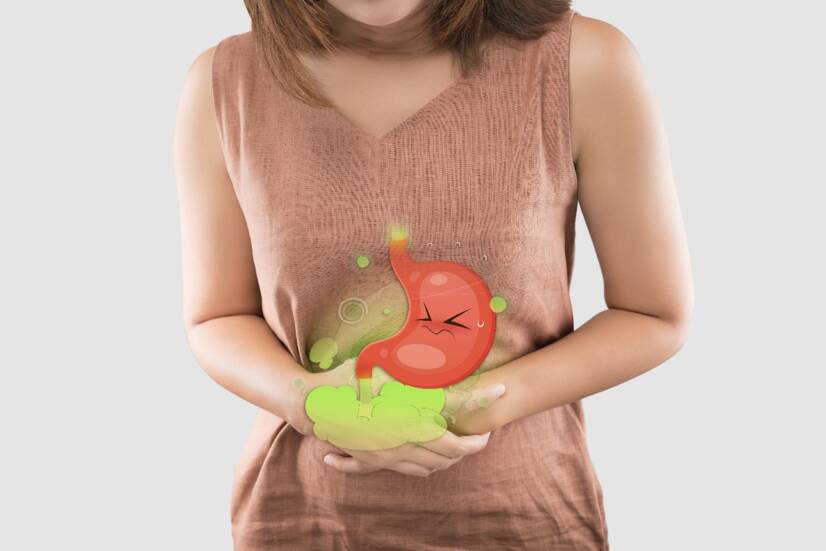
Diet in gastroesophageal reflux: what "yes" and what "no"? How to help yourself with heartburn? Our advice will help.
Article content
GERD (gastroesophageal reflux disease) is a common condition caused by the return of stomach contents to the esophagus. The occurrence of acid reflux (heartburn) is common once in a while, it occurs even in healthy people.
Approximately 20% of the population suffers from gastroesophageal reflux disease. They suffer from discomfort, bloating and belching with almost every meal.
There is a proven link between reflux symptoms and the timing and consumption of various foods. Foods can exacerbate reflux symptoms through many mechanisms, including:
- an increase in the volume of the stomach causing distension and transient relaxation of the lower esophageal sphincter (LES)
- a decrease in the pressure of the lower oesophageal sphincter (LES)
- direct irritation of the oesophageal mucosa
Yet, there seems to be a tendency to exaggerate specific food recommendations in GERD patients.
The most important positive recommendations are considered to be:
reducing the volume of dinner
fasting for several hours before bedtime
and, in obesity, reducing weight with an appropriate diet
In the upright position, the main stimulus for transient LES relaxation is the expansion of the stomach after eating. This explains the increased amount of physiological reflux after eating, especially after a large evening meal.
Thus, reducing the size of the meal itself has the potential to be beneficial in the treatment of GERD. If this meal can be low in fat and high in protein, then this will further increase LES pressure and reduce the amount of acid reflux.
Consuming a large meal immediately before bedtime is not recommended. It increases the volume of the stomach and promotes gastroesophageal reflux and the associated poor nocturnal acid secretion.
Patients with reflux should eat a healthy dinner but should not eat or drink anything other than water 3-4 hours before bedtime.
A recent large public health survey from Norway found a strong association between increasing body mass index (BMI ) and reflux symptoms in both sexes. A significantly strong association was found in women.
The association between BMI and reflux symptoms was stronger in pre-menopausal women compared to post-menopausal women. However, the use of post-menopausal hormone therapy increased reflux symptoms.
Of note, weight reduction was associated with a reduction in the risk of reflux symptoms.
Based on this important study involving more than 60,000 adults, recommendations for weight loss should be increased.
It is common for patients to associate a worsening of reflux symptoms with a critical increase in their weight. Therefore, the aim is to bring the weight of obese patients below the critical threshold, not to achieve an ideal body weight.
Various foods, especially chocolate, mint and fats, can reduce LES (lower esophageal sphincter) pressure and sometimes promote reflux.
Other foods, such as tomato-based products and spicy foods, cause symptoms of heartburn that are probably related to direct irritation of the oesophagus, probably due to the high osmolality of these substances.
Many drinks can cause heartburn either because of their high titratable acidity or low pH. Whether coffee or tea (either caffeinated or decaffeinated) cause reflux is quite controversial.
Alcoholic beverages may promote reflux by lowering LES pressure, impairing esophageal peristalsis, and promoting acid secretion.
These findings apply to both high-alcohol beverages (e.g., vodka) and low-alcohol beverages (e.g., beer and white wine).
Foods commonly known as heartburn triggers cause the esophageal sphincter to relax and slow the digestive process. This allows food to stay in the stomach longer. Who are the biggest culprits?
Foods high in fat, salt or spices, such as:
- fried foods
- fast food
- Pizza
- potato chips and other processed snacks
- chilli and spices (white, black, cayenne), generally spicy foods
- fatty meats such as bacon and sausages
- full-fat products (butter, whole milk, cheese, cream)
Other foods that can cause the same problem include:
- Tomatoes, tomato-based sauces
- cream sauces, side dishes, cream-based salad dressings
- citrus fruits (oranges, grapefruit, lemons, limes, pineapple,
- chocolate
- desserts such as ice cream
- peppermint
- carbonated drinks
- onions and garlic
"Modern times are crucial. Many people may not be able or willing to eliminate these foods completely," says Gupta. "But try to avoid eating problem foods late in the evening, closer to bedtime, so they don't settle in your stomach and then stay settled in your esophagus when you go to sleep at night. It's also a good idea to eat small, frequent meals instead of larger, heavier meals."
Foods that help prevent reflux
After reading about foods that can trigger heartburn, you're sure to say, "What should I eat?"
The good news: There are plenty of foods you can eat that will help prevent reflux. Stock your kitchen with foods from these three categories:
High-fiber foods
High-fiber foods make you feel full, so you're less likely to overeat. Overeating can actually contribute to heartburn. So consume healthy fiber from these foods:
- Whole grain foods such as oatmeal, couscous and brown rice
- Root vegetables such as sweet potatoes, carrots and beetroot
- Green vegetables such as asparagus, broccoli and green beans
Alkaline foods
Foods that have a low pH (an indicator of acidity) are acidic and more likely to cause reflux. Those with a higher pH are alkaline and can help balance strong stomach acid. Alkaline foods include:
- bananas
- melons
- cauliflower
- fennel
- nuts
Watery dishes
Consuming foods that contain a lot of water can dilute and weaken stomach acid. Choose foods such as:
- celery
- Cucumber
- lettuce
- watermelon - one of the best foods for reflux
- broth-based soups
- herbal tea
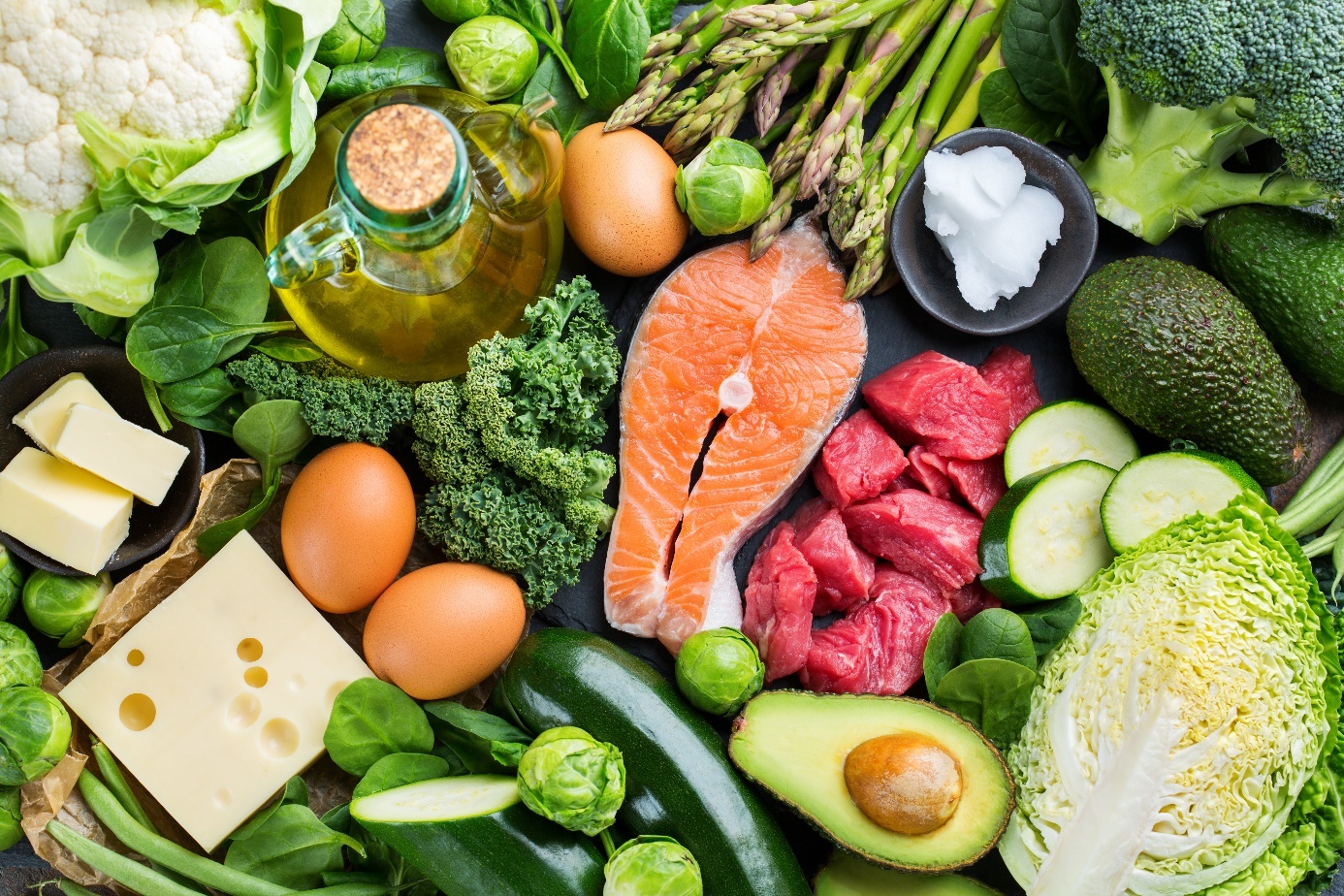
Other best foods for heartburn
- Chicken breast - Be sure to remove the oily skin. Skip the fried ones and opt for baked, stewed or grilled instead.
- Lettuce, celery and sweet peppers - These tender green vegetables are easy on the stomach and do not cause painful bloating.
- Vegetables - Asparagus, Brussels sprouts, green beans, cabbage, spinach, potatoes.
- Fruits - Apples, avocados, bananas, berries, peaches, pears.
- Low cholesterol foods - Almonds, fish, lentils, seafood, turkey.
Homemade "remedies" for heartburn
People with heartburn commonly reach for antacids, over-the-counter medications that neutralize stomach acid.
For more severe and prolonged symptoms, a visit to the doctor is advisable. He will carry out the necessary examinations and apply the ideal treatment, which is currently very effective.
However, eating certain foods can also provide relief from the symptoms. Try the following foods:
Milk
Milk is often thought to relieve heartburn.
However, it should be remembered that milk comes in different varieties - whole milk, 1.5% semi-skimmed milk and skimmed or low-fat milk.
The fat contained in milk can aggravate acid reflux.
Skim milk, however, can act as a temporary buffer between the stomach lining and the acidic contents of the stomach, bringing immediate relief from heartburn symptoms.
Low-fat yogurt has the same soothing properties along with a healthy dose of probiotics (good bacteria that improve digestion).
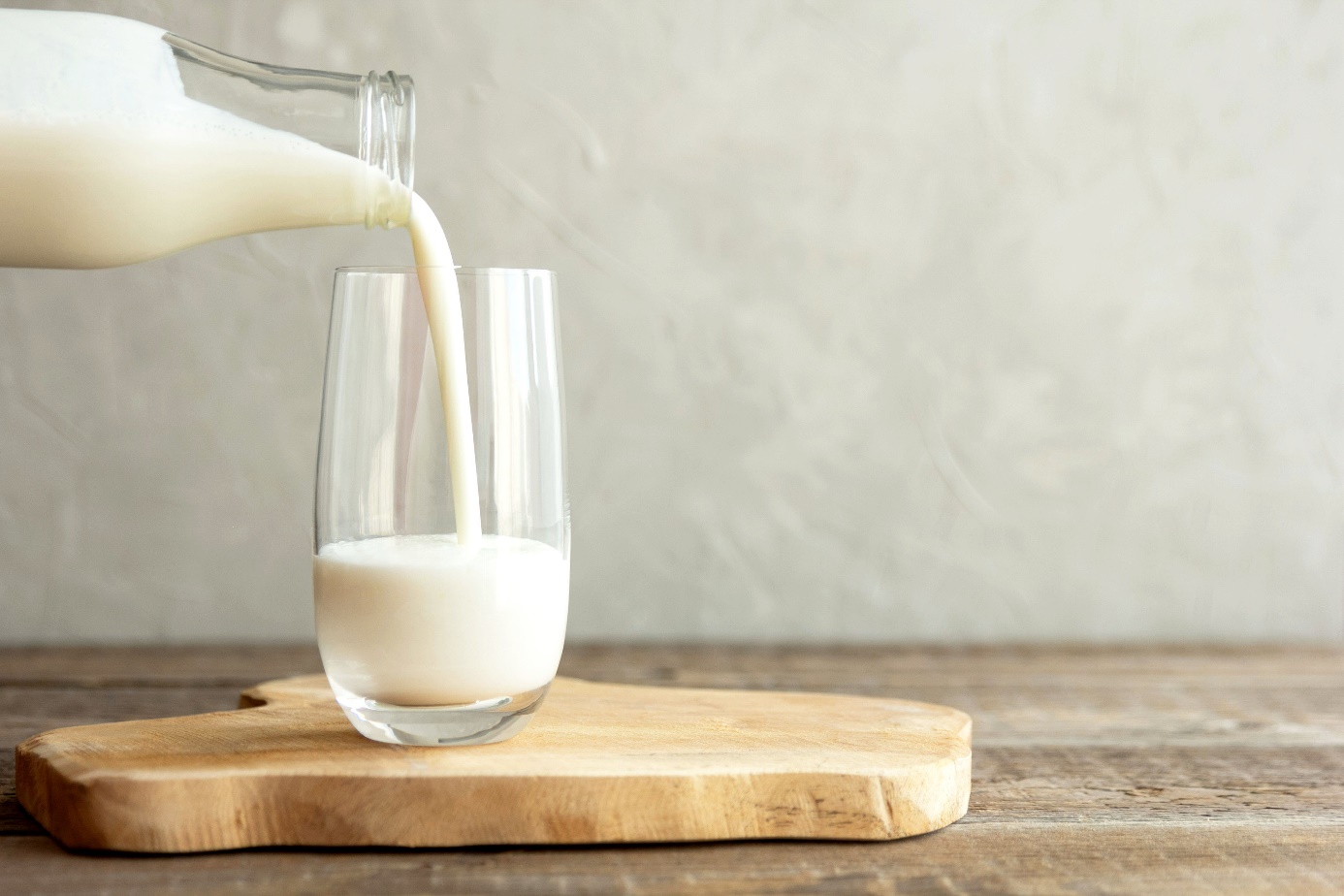
Ginger
Ginger is one of the best digestive aids due to its healing properties. It is alkaline in nature and has anti-inflammatory properties. Thus, it relieves irritation in the digestive tract. Try sipping ginger tea when you have heartburn.
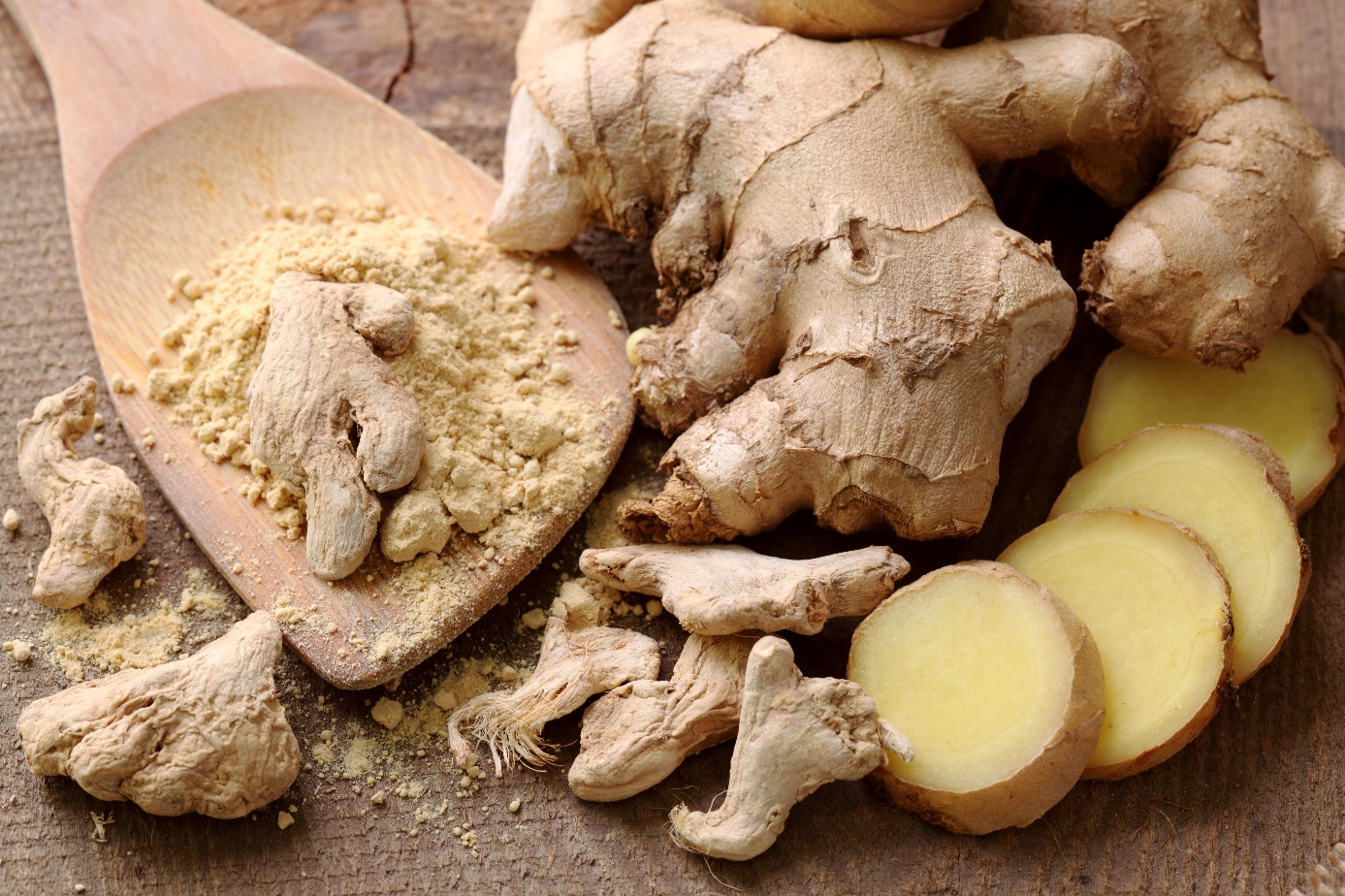
Apple cider vinegar
Currently, there is not enough research to prove the effectiveness of drinking apple cider vinegar for reflux. However, many people claim that it helps.
However, you should never drink it in full concentration. It is a strong acid that can irritate the esophagus. Instead, put a small amount in warm water and drink it with food.
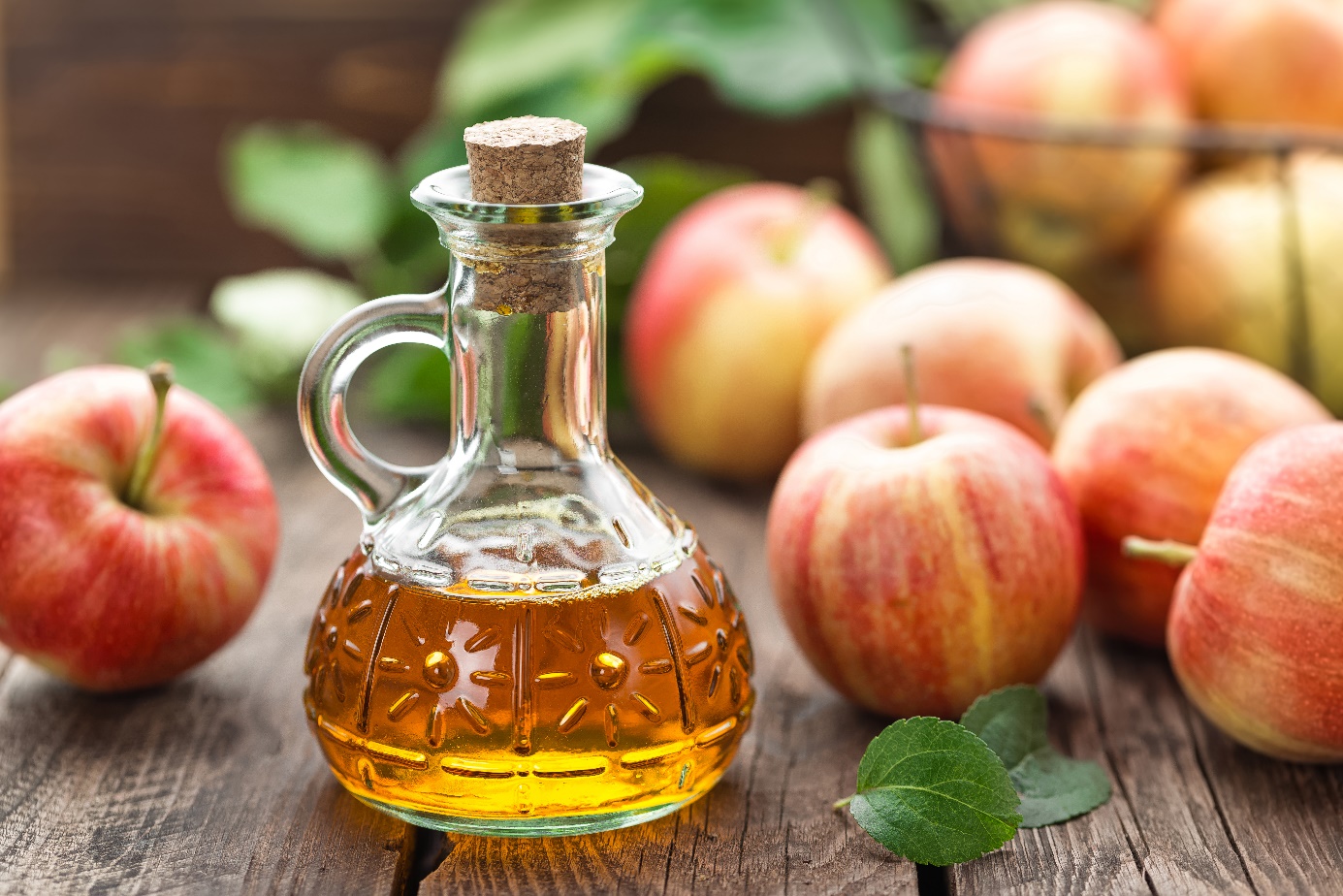
Lemon water
Lemon juice is generally considered to be very acidic. However, a small amount of lemon juice mixed with warm water and honey has an alkalizing effect that neutralizes stomach acids. Honey also has natural antioxidants that protect cell health.

Lifestyle change tips that can relieve reflux symptoms
In addition to controlling reflux symptoms with diet and nutrition, you can also manage symptoms with lifestyle changes. Try these tips:
- Take antacids and other medications that reduce acid production (overuse can cause negative side effects)
- Reduce weight if you are overweight
- Chew gum that does not have a mint flavor
- Do not consume alcohol
- Stop smoking
- Don't overeat and eat slowly
- Stay upright for at least 2 hours after eating
- Avoid tight clothing
- Do not eat 3 to 4 hours before bedtime
- Raise the head of the bed 10 to 15 cm to reduce reflux symptoms during sleep
How a doctor can help
If you have heartburn two or more times a week and diet or dietary changes haven't helped, talk to your doctor. A gastroenterologist can run tests to measure your stomach acidity and see if frequent acid reflux has damaged your esophagus.
GERD is often treatable with a combination of lifestyle changes and medication. However, persistent reflux symptoms require a thorough examination by a gastroenterologist who can determine the cause and discuss available treatment options.
Interesting information can also be found in the articles:
Interesting resources










